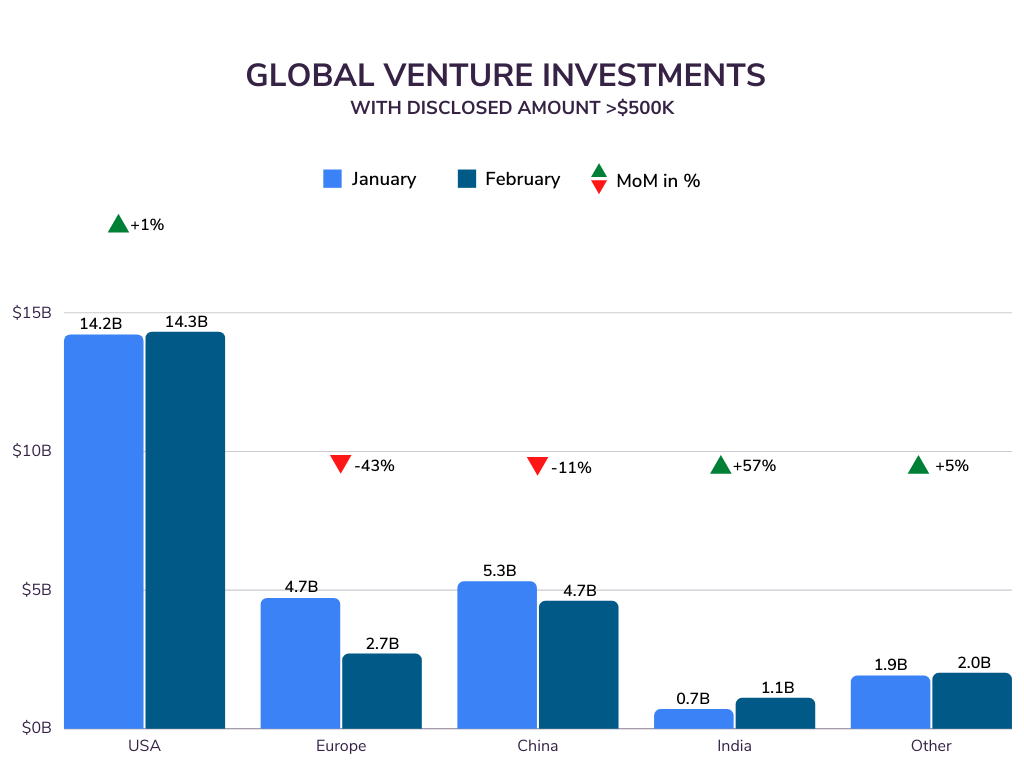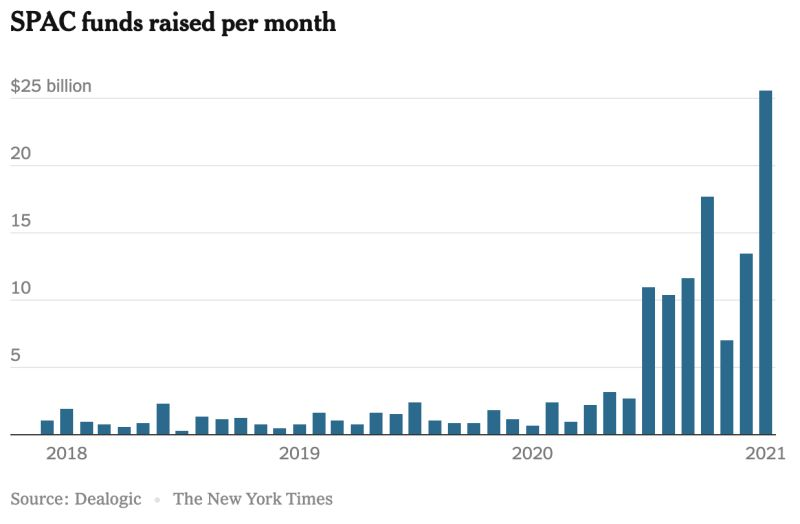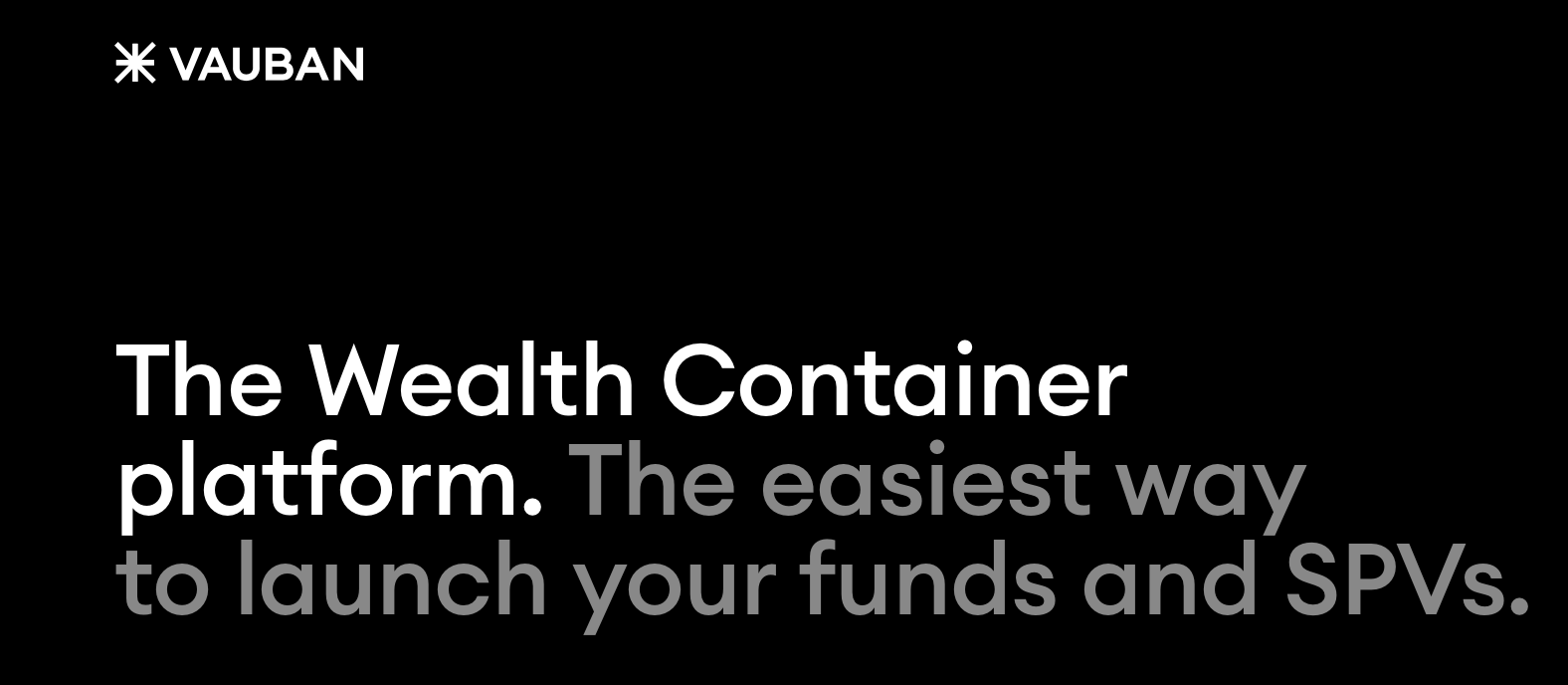Your daily trend radar - innovative startups, emerging trends and business ideas you don’t want to miss out. Sign-up and always be ahead.

March 2nd, 2021 - 3 minutes reading time.

Good morning!
We have a “SPACtacular“ newsletter today for you. It’s all about SPACs (Special Purpose Acquisition Companies) and why they are so crazy 🤯 and boring 🥱 at the same time.Markets at close
| Markets | Mar 02 | ||
|---|---|---|---|
| NASDAQ | +3,01% | 13.588,83 | Points |
| EuroStoxx 50 | +2.03% | 3,710.28 | Points |
| Shanghei | +1.21% | 3,551.40 | Points |
| Bitcoin | +11.38% | 48,759.38 | USD |
| ETH | +12.41% | 1,524.45 | USD |
| LTC | +7.92% | 171.13 | USD |
EuroStoxx closed with a 2% gain very close to its 52-week high of 3,740 points. Cryptos are (again) very volatile after Michael Saylor’s announcement of another acquisition of around 328 bitcoins resulting in a $15M buy. Michael Saylor’s MicroStrategy Fund has now more than 90,000 bitcoins worth over $2B. 🤯
stat of the day
February wasn’t a good month for European Startup Scene. We did our monthly recap of global venture investments
Here is what we found: While both in Europe and China total investments were down 43% and 11% respectively, the US could keep the same level of investments and India experienced a sharp increase of 53%. Run Europe, run Europe 🏃🏽♂️

Topic of the Day
SPAC: An Introduction and a comment

🚀 SPAC funding has been going through the roof. But wait a minute. What the heck is a SPAC anyway?!
What is a Spac? A SPAC, also known as a blank check company, is an investment vehicle to bring an existing operating company public without filing for an IPO. The SPAC raises money from investors through a public listing, which is then being used to acquire the company, in a so-called de-SPAC Merger in order to take it public.
Once the SPAC has raised capital, it has 24 months in order to find the acquisition target or otherwise the investors are being reimbursed.
The incentive of the firm taking the company public through a SPAC is a typically 20% common equity stake in the company. This hefty management fee for the acquired company is compensated by the significantly reduced process of going public.
While a direct listing usually takes 6 months or longer, a SPAC process can be completed within 15 weeks or less. Furthermore, the company saves typical roadshows to attract investor demand, since the SPAC already has investors.
What’s the big deal? SPACs have been booming in 2021: This year more than 160 SPACs have raised over $48bn nearly half of the 248 SPACs that have raised $83bn in 2020, as crunchbase reports.
Not surprisingly, also Venture Capital firms are joining the SPAC trend. The argument from the Venture Capital side is that VCs have all the information about a (e.g. a portfolio) company and they know what is the best structure to go public.
The current abundance of SPACs is a fantastic exit opportunity for promising companies. However there is a chance that a significant percentage of SPACs will not be able to find suitable targets in time and hence have to return most of the capital raised.
In a way, SPACs feel like an ICO for well connected investors only and we have to hope when the SPAC bubble bursts, the damage for both investors and target companies is not too devastating.
Our take: Isn’t it kind of cheeky for VCs to push into the SPAC market? Essentially their own SPAC acquires some of their portfolio companies, which results in a payday for all investors including the VCs themselves. In the next step the VCs get 20% of their portfolio companies back because of their SPAC equity stake. Sounds like the perfect legal crime.
Startups stat of the day
Vauban, London

Source: Missing
In context of the current SPAC craziness a lot of people ask what is the easiest way to set up a special purpose acquisition company (SPAC) as quickly and cost efficiently as possible.
London based startup, Vauban describe themselves as a wealth container platform, which basically means that they provide you with out of the box legal & regulatory frameworks for a variety of structures such as venture funds, hedge funds, property syndicates & single deal vehicles. Soon they are going to expand their service offering to SPACs as well.
Why it matters: Normally, setting up fund & acquisition vehicles can be a time consuming & complex undertaking. However, the regulatory & statutory requirements are very clear so when you have done it once it becomes easier to replicate.
By utilising these economies of repetition, Vauban is able to set up your structure for less than half the cost and 4 times faster as compared to the classic approach = hiring a law firm. In addition, the ongoing fund / vehicle administration costs are a fraction of the classic price tags.
But: The regulatory requirements vary from country to country so scaling the service to global reach will be very complex. To make matters worse, Vauban is operating out of the UK, which means they have just lost their easy permission (passporting rights) to offer their services across Europe due to Brexit.
Our Take: When it comes to legal & regulatory work, any cost & time improvements are gold. We feel that there are so many missed economies of repetition and utilizing those would make the life of entrepreneurs a little bit easier. We hope that there will be many more similar services across the entire legal universe.
Newness factor: 4 out of 5 ⭐
Get smarter in just 3 minutes
Your trend radar - innovative startups, emerging trends and business ideas you don’t want to miss out. Sign-up and always be ahead.
